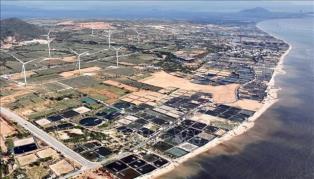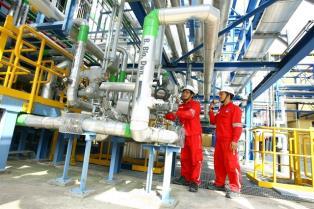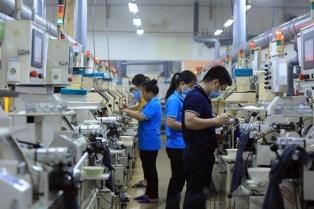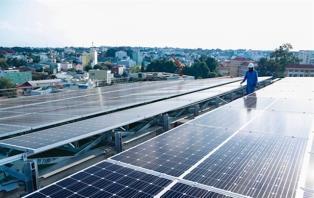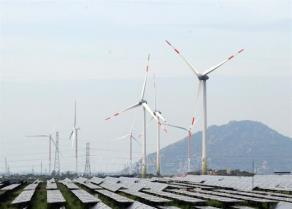After five months of implementation (from April to September this year), the programme has brought together 25 enterprises and 24 mentors, achieving many positive outcomes.
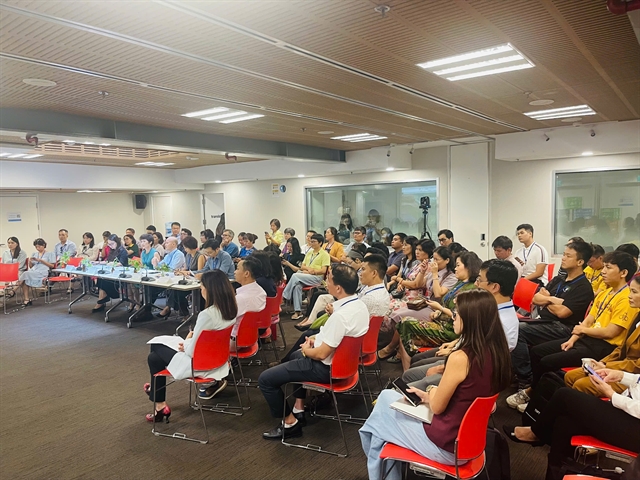
Thu Trang
HÀ NỘI — An annual programme aiming to incubate and enhance the capacity of enterprises and startup projects related to forest understory ecosystem conservation and restoration, while promoting sustainable livelihoods for local communities, was closed on Friday afternoon in Hà Nội.
The Forest Ecopreneur Growth Programme 2025 closing ceremony was held by the Research Institute for Innovation and Development (IID) in collaboration with its partners.
The Forest Ecopreneur programme is part of the "SAFE Initiative" (Saving Forest Ecosystem Diversity), funded by the Korea Forest Service (KFS) and implemented by the United Nations Environment Programme (UNEP) through the Bridge for Billions (B4B) Incubator Organisation.
In Việt Nam, the IID has been the direct organiser for the programme since last year.
The programme is simultaneously implemented in four countries: Việt Nam, Laos, Cambodia and Bhutan, featuring diverse activities such as online training, expert seminars, direct networking events, and field trips.
After five months of implementation (from April to September this year), the programme has brought together 25 enterprises and 24 mentors, achieving many positive outcomes.
At the closing event, the enterprises presented innovative business models that demonstrate a harmonious combination of economic benefits and positive social-environmental impacts, opening up opportunities for collaboration with investors and potential partners.
Breakthrough models
The story of TraceVerified in Thái Nguyên northern province is a typical example of this new approach. The enterprise is piloting forest planting and carbon credit calculation in 30 out of 92 communes and wards to offset emissions for the NatSteelVina Plant with an annual capacity of 200,000 tonnes of steel.
Bùi Huy Bình, representative of the TraceVerified, stated that by participating in the Forest Ecopreneur Growth Programme 2025, the enterprise received support with data on carbon credits and emissions.
It also had guidance to meet both national carbon credit standards and international norms, facilitating transactions with partners such as South Korea and Singapore.
The company also participated in training courses on policies, standards and technology, thereby enhancing the green transition capacity of the local workforce.
Similarly, Lâm Ngọc Bảo Hân, a young pharmacist who gave up her job to return to Cà Mau southern province and chose crabs as her startup direction, persevered with natural farming methods without using drugs or chemicals, unlike many households in her village that relied on chemicals for crab farming.
Although initially few believed in her approach, after her model succeeded, five households in the village began adopting her method.
The distinct feature of her model is utilising the mangrove forest environment to raise crabs naturally, producing clean and safe products. Besides maintaining product quality, Hân also emphasises environmental protection by treating water with rice bran or microorganisms instead of chemicals.
Looking towards the future with the model, Hân introduced the idea of online crab farming, in which customers invest remotely, monitor the farming process via an online platform, and receive mature crabs after four months, combining delicious products with an interactive experience.
Another promising model is Baola Quảng Ngãi Bamboo Forest Joint-stock Company. Capturing the trend of using environmentally friendly materials, the company has developed bamboo raw material areas, providing seedlings, technical support and product procurement for local people.
Biomass bamboo yields significantly higher economic returns than acacia trees. Investment cost for 1ha is VNĐ80-150 million (US$3,000-5,600) over five years but can be harvested for up to 15 years, generating profits of over VNĐ2 billion ($75,700) per hectare.
The company is developing high-quality tissue-cultured bamboo varieties while also supplying bamboo products and services such as furniture, household items and custom designs. Its target customers are individuals and businesses seeking green and sustainable solutions.
In the near future, the company plans to provide eco-friendly bamboo solutions for enterprises committed to emission reductions and the net zero goal. Bamboo products will be processed and exported to international markets where demand for environmentally friendly products is high.
Market expansion
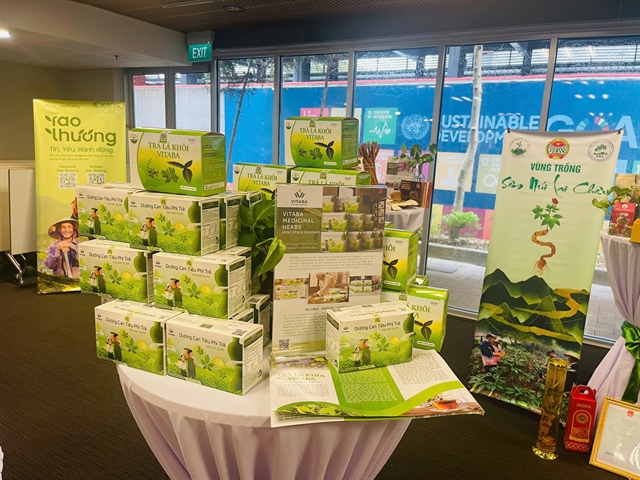
A highlight of this year’s Forest Ecopreneur programme is the pilot support for enterprises to access markets.
Certified products are introduced on specialised e-commerce platforms such as Rao Thuong (raothuong.iid.org.vn) in Việt Nam and Good Market (goodmarket.global) globally.
Trương Thị Nam Thắng, lead researcher at IID, affirmed, "Ecological enterprises will be the cornerstone of IID’s innovation ecosystem for sustainable development."
Pauline Tamesis, UN Resident Coordinator in Việt Nam, said, “One of the core components of the initiative is to support social enterprises in the forestry sector as well as micro, small and medium-sized enterprises through incubation and capacity building. The implementation methods may vary, vision towards 2030 remains clear: to create business models linked to forests that have a positive impact on communities and the environment and are capable of expanding into international markets.”
Representatives at the event agreed that the Forest Ecopreneur 2025 and its future editions are not only a springboard for ‘green’ entrepreneurs but also a testament to a shift in mindset: from merely protecting forests to developing the economy from forests, transforming ecosystems into sustainable resources for communities and the nation.
This is the key for Việt Nam to confidently advance on its path of integration and sustainable development.
Alexis Corblin, Senior Technical Advisor for UNEP in the Asia-Pacific region, remarked, “Today’s programme is the result of many months of hard work, creativity, and persistence. Việt Nam is once again the first country to organise this event under the SAFE Initiative.”
He announced that the programme will continue next year with a focus on supporting locally tailored activities for each community, strengthening market linkages at national, regional and international levels. It will expand access to finance so that enterprises have the means for sustainable development.
The Forest Ecopreneur Growth Programme 2025 will be implemented annually until 2030, aiming to support 100 entrepreneurs each year across four countries, including 30–40 enterprises from Việt Nam. Through a scalable and replicable incubation model, the programme provides business capacity-building activities, mentoring and technical support tailored to entrepreneurs focused on forest restoration solutions. — VNS

